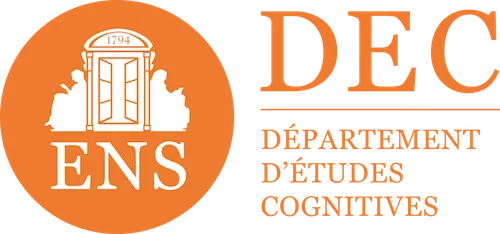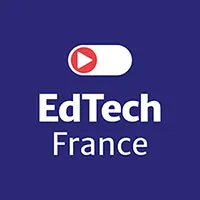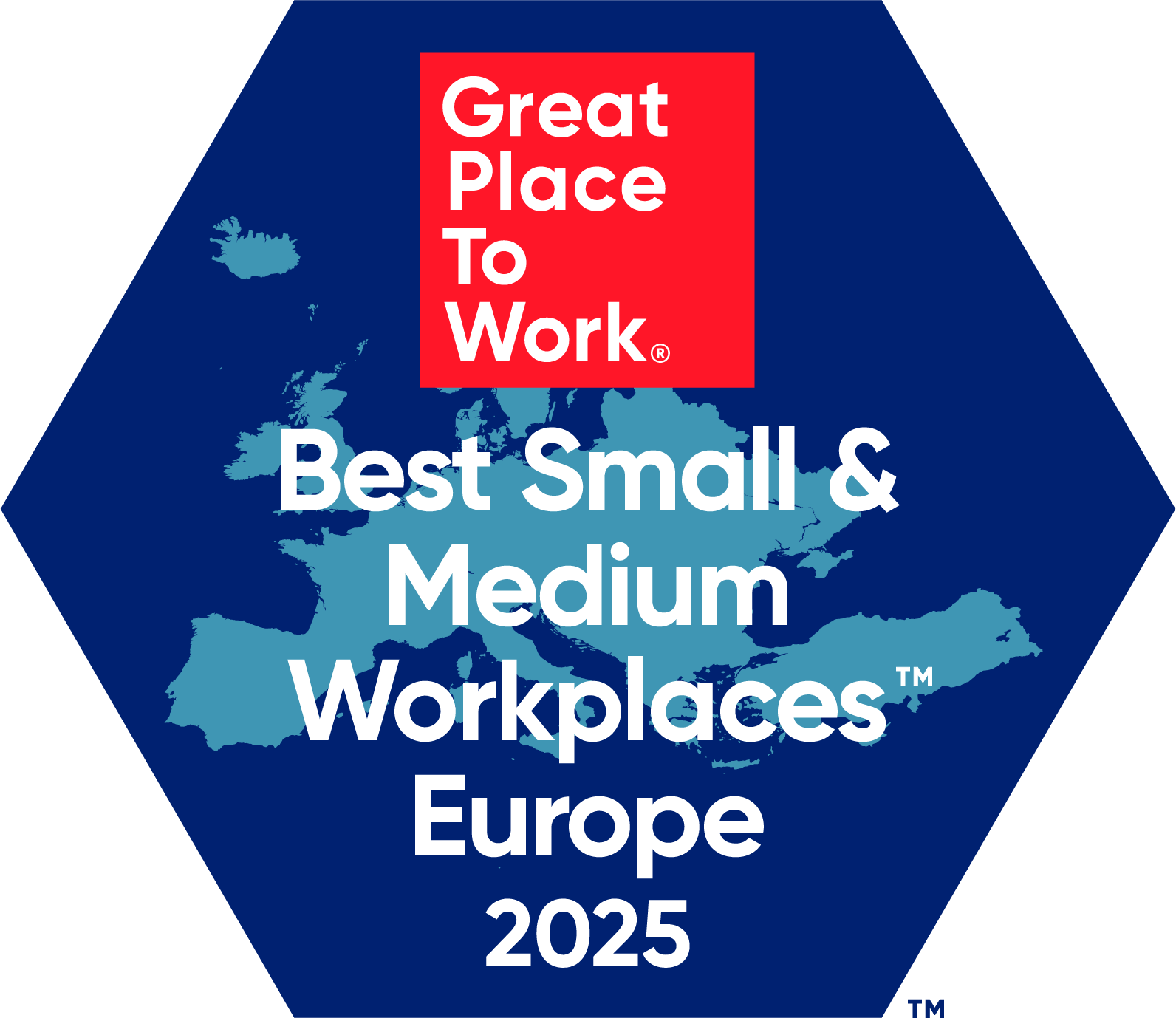

3 reasons to no longer oppose knowledge and skills
Between knowledge and skills, what should we learn at school? Faced with this question, two typical answers, but also two languages, two worlds, which would benefit from being combined
For many, the purpose of school is the transmission of knowledge, from the teacher to the student, in order to guarantee a minimum level of intellectual and cultural references for all. For others, in a world where most knowledge is in Open source, the role of the school is to support each young person in the development of the skills necessary for professional and social life.
From confrontation to complementarity
If I tell you know, you are imagining a mathematical theorem, a Zola novel, or a philosophical concept. If I tell you competence, you are visualizing a concrete ability (drawing a sheep, doing an accounting balance sheet) or - for the most imaginative - a professional quality (ability to make decisions, proactivity, innovation...).
This distinction suggests that the things we learn can be classified into two very distinct groups: that of pure knowledge, which is by nature theoretical, and that of action, intended for “real life.” Allegedly selfless and noble, the first would aim to understand the world around us - without pretending to change it - while the second would allowact in and about the world - without necessarily having understood it -.
The problem is that for many years, the distinction between knowledge and skills has given way to open opposition, to which the debate around education is too often summarised. It is high time to get out of it, for at least three good reasons.
Reason 1 - Because knowledge and skills do not go hand in hand
If we free ourselves for a moment from tribal distinctions to focus on What's really going on, we realize that the distinction between knowledge and competence is not as obvious as it seems.
First of all, because competence comes from knowledge. Researchers in cognitive science in fact, define competence as “the appropriate and in a situation where knowledge is mobilized”. In other words, competence is nothing more than the process by which the brain retrieves and applies a set of knowledge to respond to a given problem.
Let's take the example of the balance sheet. When Fred from accounting wrote his balance sheet at the end of the year, he mobilized several theoretical knowledge related to his job: what he knew about the company's situation, his knowledge of the lines that make up the balance sheet, the list of documents he needed to build it, the functionalities of his accounting software, the functionalities of his accounting software, the figures of the previous year, etc. He also relied on more generic knowledge such as reading skills or the four fundamental operations.. His practical ability to produce an accounting balance sheet is therefore only the expression of a sum of knowledge kept in memory.
And the converse is true: knowing everything has a practical consequence. To be convinced of this, all you have to do is take an edge case. Consider pure, ethereal knowledge that seems to have no practical application: an art history course on the Gothic style. Gothic art may be a dead art, the student a poor artist; the fact remains that all his life, when he visits a monument or contemplates a work, he will have the ability to distinguish the Gothic style from any other artistic style. In the same way that knowing the rules of subtraction generates the ability to make money, learning the main characteristics of Gothic art will automatically generate in him the development of a skill that can be mobilized in the real world.
Reason 2: Because knowledge and skills reinforce each other
You understood that far from opposing each other, knowledge and skill are two sides of the same coin. You cannot pretend to transmit skills without relying on knowledge, and you cannot develop knowledge without producing skills. The idea of (re) centering learning around one or the other therefore seems quite impractical. Furthermore, considering theory and practice separately is completely pedagogically counterproductive.
What we observe in fact at the time of apprenticeship is that not only are knowledge and skills intrinsically linked, but they also feed on each other.

Let's take an example. When Enzo de la Créa draws a sheep, he mobilizes the mental representation he has of a sheep, he applies certain rules of proportion, and knows the thickness of the line he will draw by pressing more or less hard on his pencil. This juxtaposition of knowledge, which Enzo initially acquired during drawing, is thus tested and revealed when the sheep takes shape on the sheet of paper. But if Enzo's sheep are becoming more and more realistic, it is because Enzo is improving by practicing, and because the image of the sheep is becoming clearer in his mind, as is his sense of proportion, or his expectation of the thickness of the line on the paper. Do you see me coming?
Mouton after sheep, Enzo consolidates his knowledge, at the same time as he affirms his competence as a sheep designer. The exercise of a skill through action therefore strengthens knowledge. That's why we better understand and remember the things we've experienced. This is also the reason why so-called “active” pedagogies make it possible to obtain better learning results in the long term.
From the point of view of the learning brain, knowledge and skills do not benefit from being considered separately. It is important to consider them together and in interaction to create truly effective educational paths.
Reason 3: Because the real question is learning methods
So we agree that the distinction between knowledge and skills does not exist in our brains or in the classroom. However, this question still occupies a central place in the public debate. And that's nothing new! The knowledge vs. skills discord is just one variant of the age-old education vs education debate, which was already opposing Condorcet and Rabaut Saint Etienne at the time of the 1793 Convention. Then we had the Republicans against the pedagogues, Alain against Freinet, and today the defenders of “fundamental knowledge” against the promoters of 21st century skills.
Perhaps it persists because it is a convenient pretext to avoid other more delicate subjects, such as the role of the teacher, the purpose of education or the standardization of the school. Or because it makes it possible to explain the success or the difficulties of this or that model without too much effort: “if the school fails, it is because we no longer learn anything” - for the pro-knowledge version; “if the school fails, it is because what we learn there is useless” - for the pro-skills version. What if the real answer was “because it's not based enough on how we learn”?
This debate therefore substitutes a false problem (what should we learn?) to a real question (how to learn truly and sustainably?) and thus prevents us from focusing on what matters: good learning practices. Whether it's knowledge or skills, the real challenge is to ensure that young and old really learn and evolve. Developing in them a desire to learn and good learning habits is essential for them to be able to meet the challenges of a constantly changing society.
To these real challenges, cognitive psychology provides real answers. Discover them on our Blog or by subscribing directly to our series of articles on the transmission of skills.
Make an appointment directly with our eLearning experts for a demo or simply more information.













